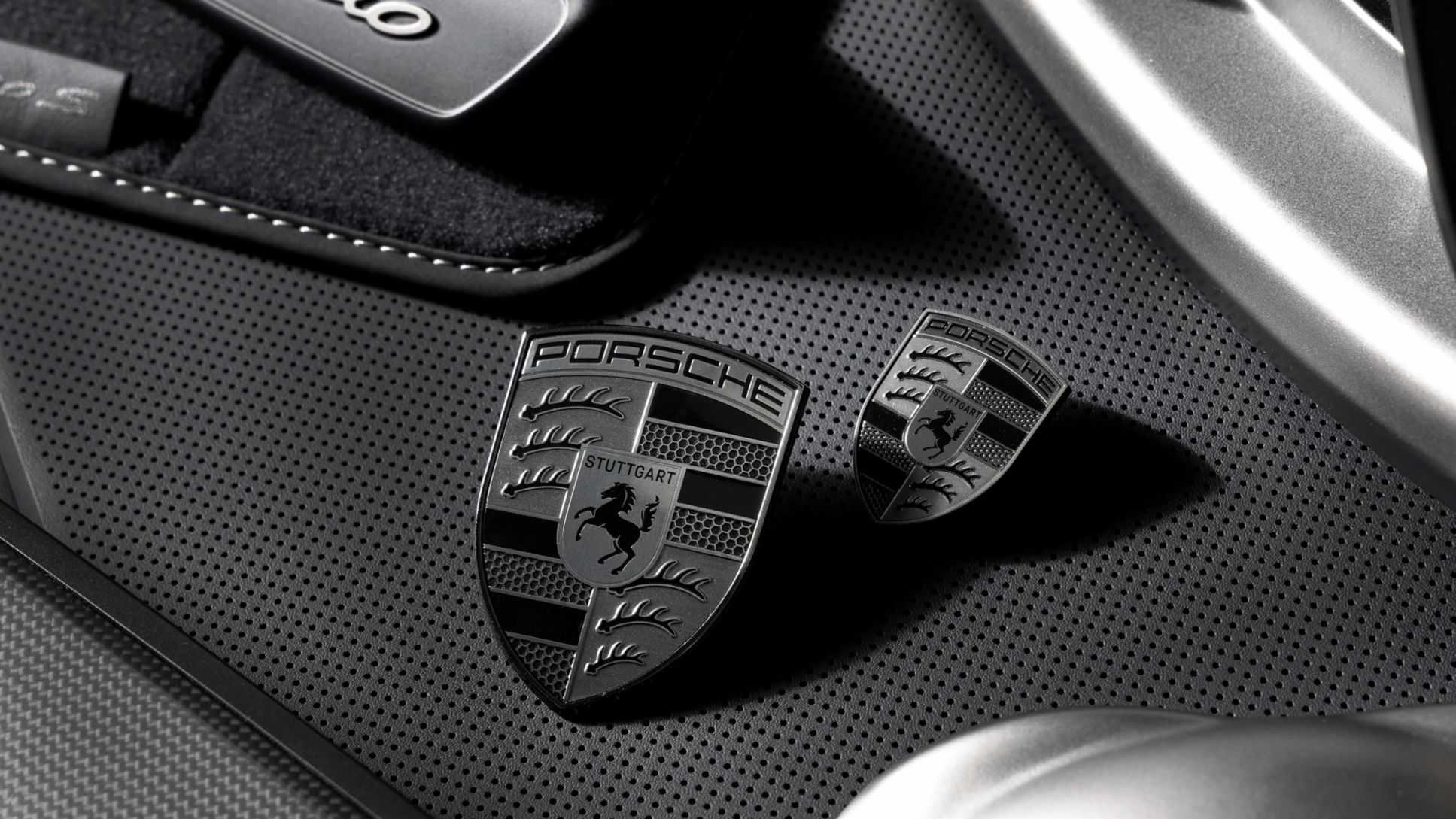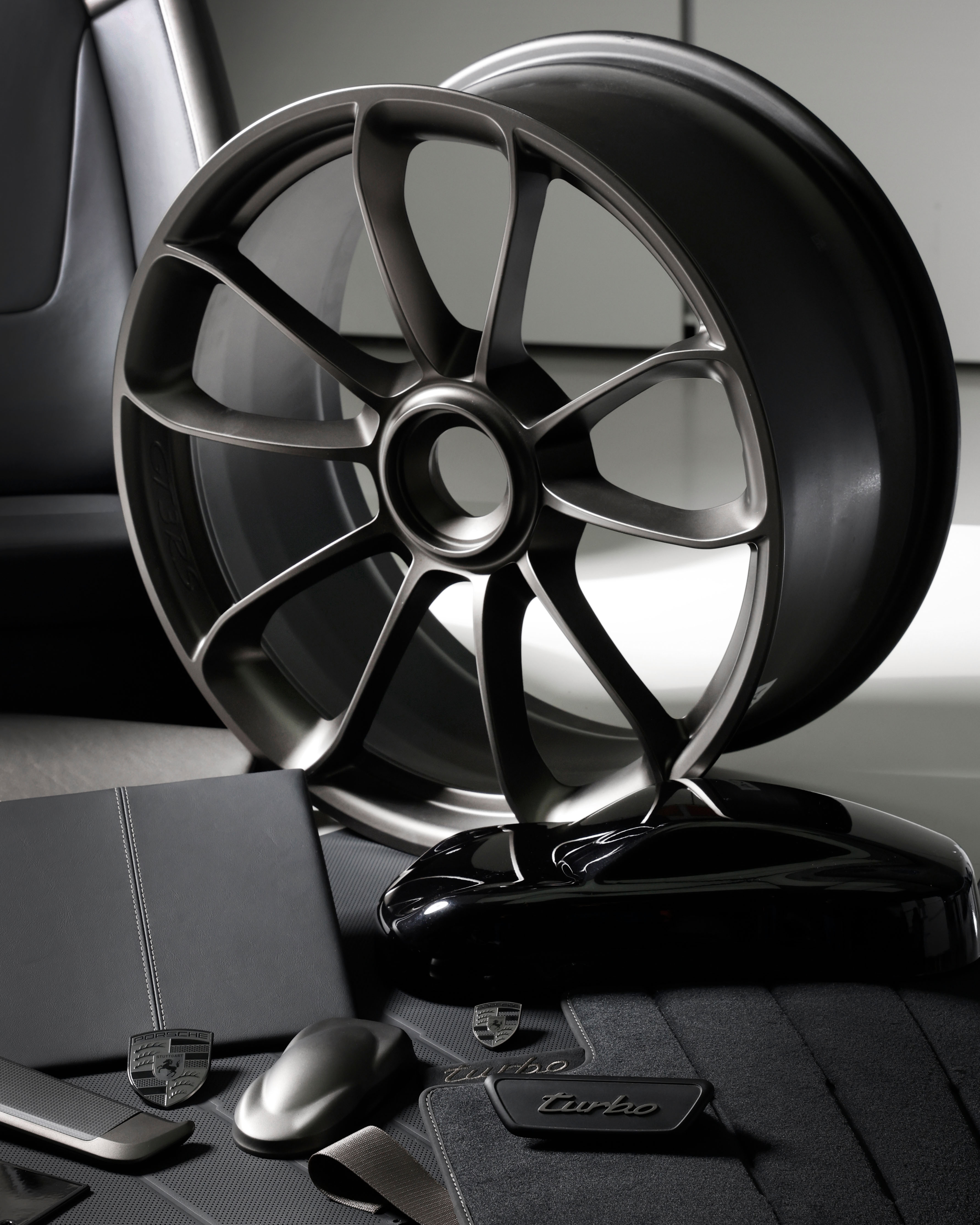The designers developed this elegant metallic grey tone especially for the Turbo. It is also being used on a number of other selected exterior and interior components, lending the Turbo models an even more unmistakable appearance. Porsche will be successively introducing this more marked differentiation to all model series. The new Panamera generation is leading the way and will celebrate its world premiere on 24 November 2023.
“In 1974, we presented the first turbocharged 911. Since then, the Turbo has become a synonym for our high-performance top models and is now more or less a brand of its own. We now want to make the Turbo even more visible, and differentiate it more markedly from other derivatives such as the GTS,” explains Michael Mauer, Vice President Style Porsche. “This is why we’ve developed a distinctive Turbo aesthetic. From now on, the Turbo versions will exhibit a consistent appearance across all model series – one that is elegant, high-quality and very special.”
Elegant, metallising effect
The new Turbonite metallic tone is exclusively reserved for the Turbo models. Like all of our paints, this one was very carefully composed by the Porsche Colour & Trim experts. Gold elements create an elegant, metallising effect, with the top layer in a contrasting satin finish. The lettering on the rear and the Daylight Opening (DLO), as well as the borders of the side windows, will be given a Turbonite finish in the Turbo models in future. Depending on the model series, further details such as the inlays in the front aprons, the spokes, or the aeroblades in the light alloy wheels could feature Turbonite paintwork.
Turbonite is also the dominant colour in the exclusive crest of the Turbo models. All of the top high-performance models will soon feature the crest on their front, as well as on the light alloy wheels and the steering wheel.
Additionally, selected components in the interior, for example the trim strips and the belt straps, as well as a number of controls such as the mode switch and the air conditioning control panel, also come in Turbonite. In this case, too, the exact scope depends on the model series. In combination with a black interior, Turbonite is also being used as a contrasting colour for the yarn on the seats, the door panel trims, instrument panel and floor mats.


